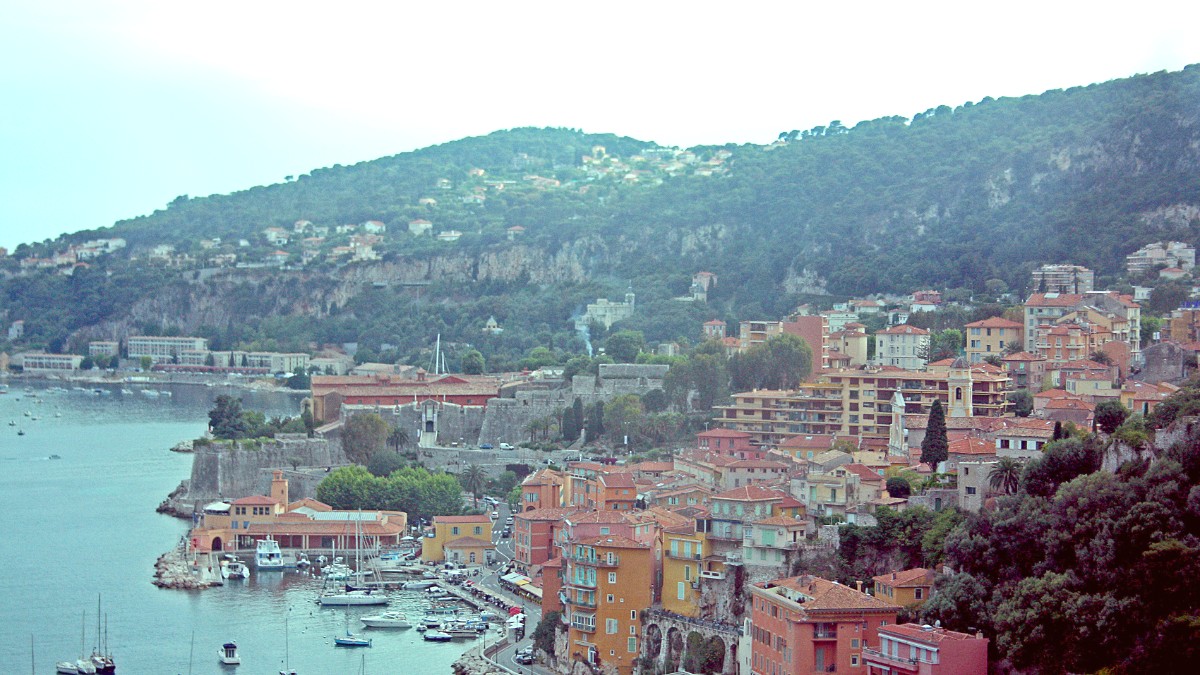
France
Efforts are active to protect the fragile coastline and marine environment around Cap Ferrat and the Posidonia oceanica seagrass meadows.
France has comprehensive recycling programs. Look for separate bins for paper/cardboard, plastic/metal, and glass. Reduce single-use plastics.
The Côte d'Azur may face water stress. Mind water usage during your stay: take shorter showers, turn off taps, reuse towels to conserve this resource.
Conscious choices benefit the environment and local communities.
Opt for businesses that align with environmental standards and ethical practices.
Offset your flight emissions to reduce your carbon footprint.
Reduce waste by carrying a reusable water bottle and shopping bag. Explore products from Package Free Shop.
Visit Package Free ShopFor outdoor activities, choose sustainable gear. Check options from Patagonia, known for ethical practices.
Shop PatagoniaYour choices as a traveler contribute to environmental preservation. Embrace practices that support local ecosystems and reduce pollution.
Interacting respectfully with local culture and traditions enriches your travel experience.
Support local museums, historical sites, and traditional artisans. Your visits aid their upkeep.
Basic French phrases are valuable. Be polite and patient.
Be discreet and respectful when taking photographs. Avoid photographing children without parental permission.
Avoid photographing children without explicit parental permission. This safeguards their privacy.
Respect privacy in residential areas; do not photograph private homes or gardens without permission.
Generally permitted in public spaces, but always be mindful of your surroundings and avoid being intrusive.
Dress modestly (shoulders and knees covered). Maintain a quiet demeanor. Do not visit during active services. Do not touch altars or religious artifacts.
Your choices as a traveler can have a positive financial return on the local community.
Directly support local businesses. Your money remains within the community.
Seek shops selling "produits locaux" (local products) or "fait main" (handmade) items.
Opt for independent establishments over large chains to sustain the local character and economy.
Know about activities that might exploit local communities, animals, or natural resources.
For charitable contribution, research local charities or community projects that genuinely benefit residents.
Direct contributions to local charities are more impactful than giving to beggars directly.
Local charities warrant research to ensure your generosity serves direct and positive use.
Look for projects that focus on long-term community development or environmental protection.
Directly supporting local charities ensures your contributions meet real needs. Avoid informal giving that might not lead to sustainable change.
Conscious choices about who you support and what activities you participate in uphold a positive and fair tourism environment.